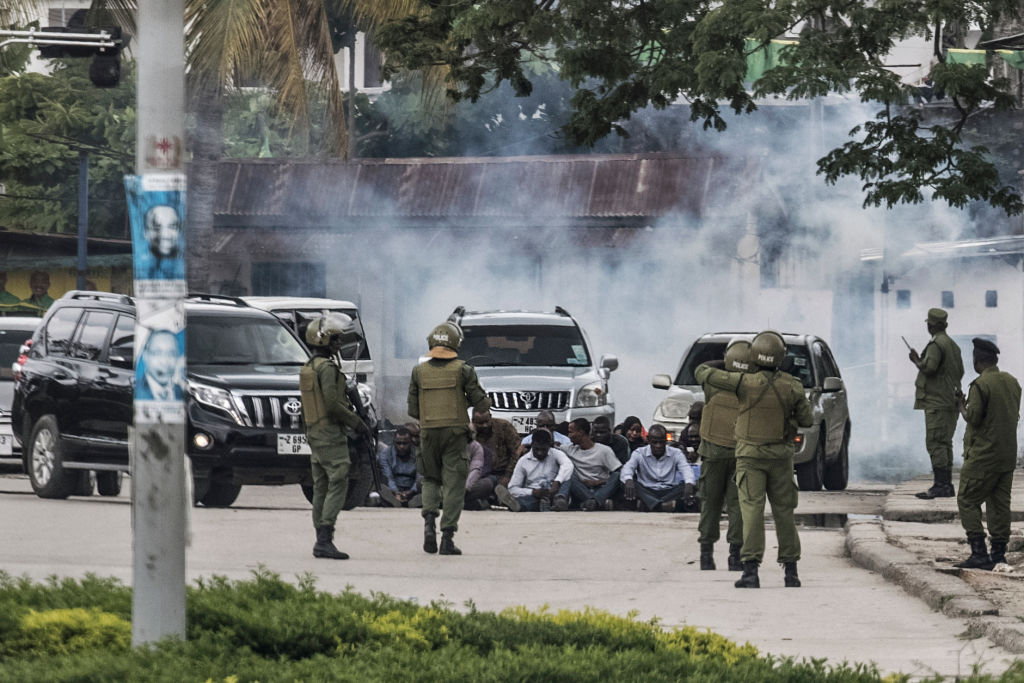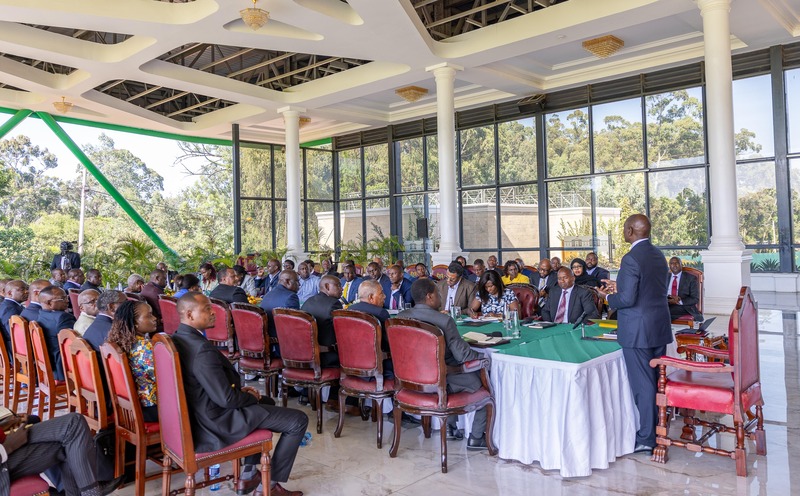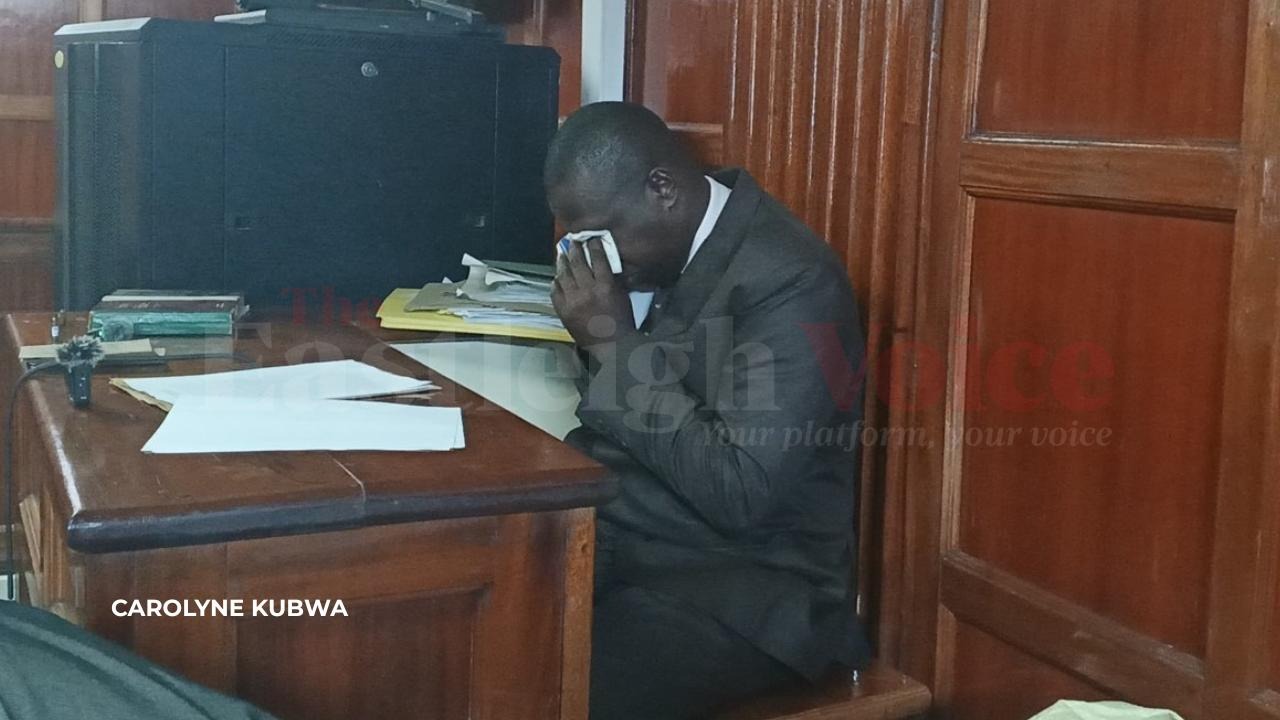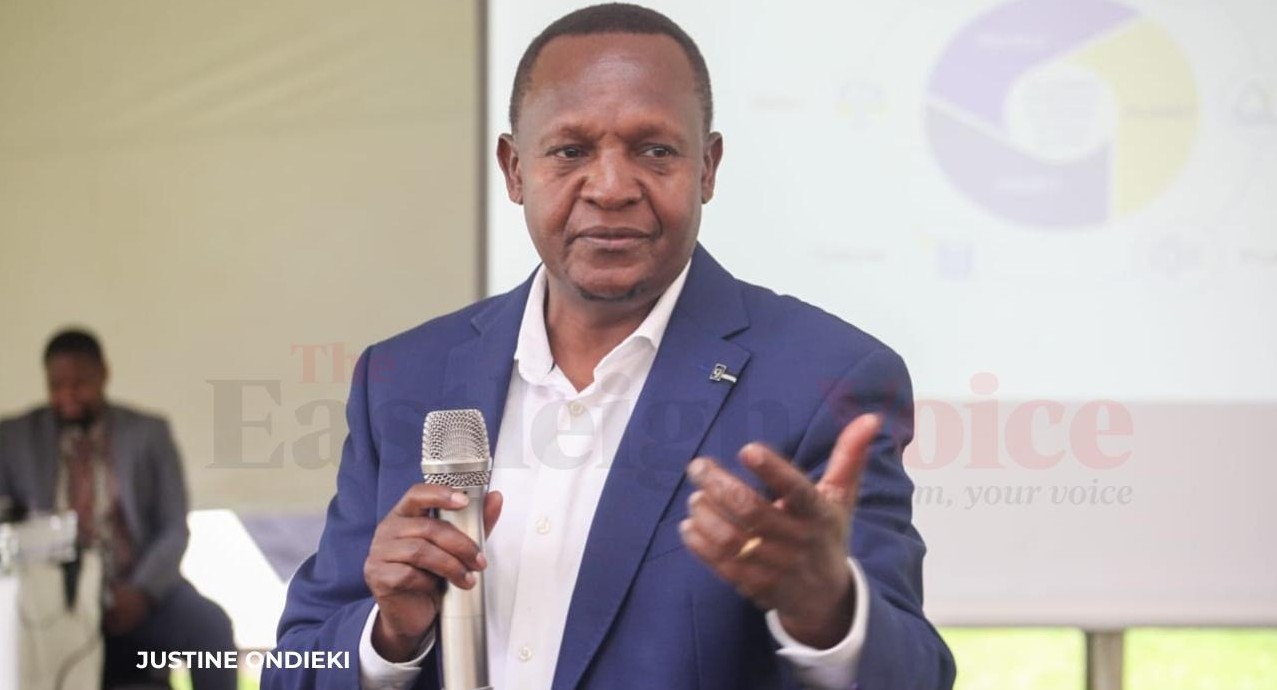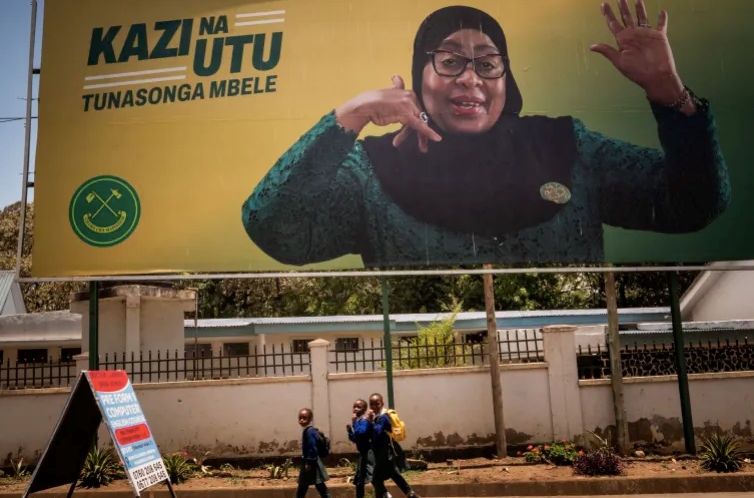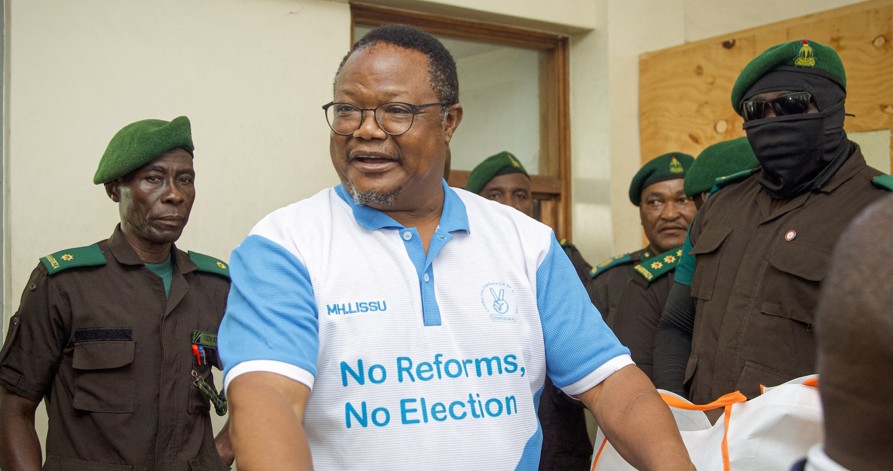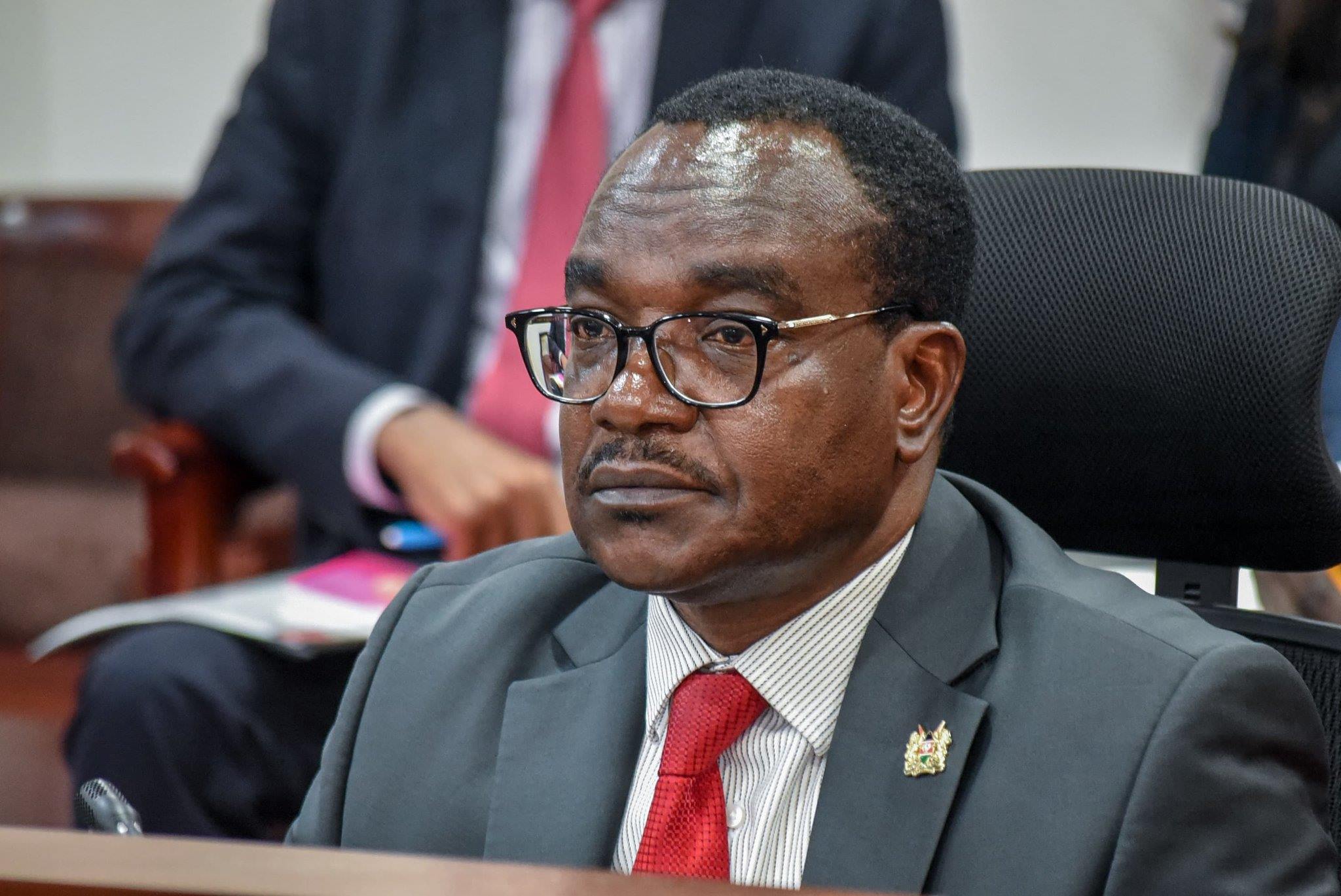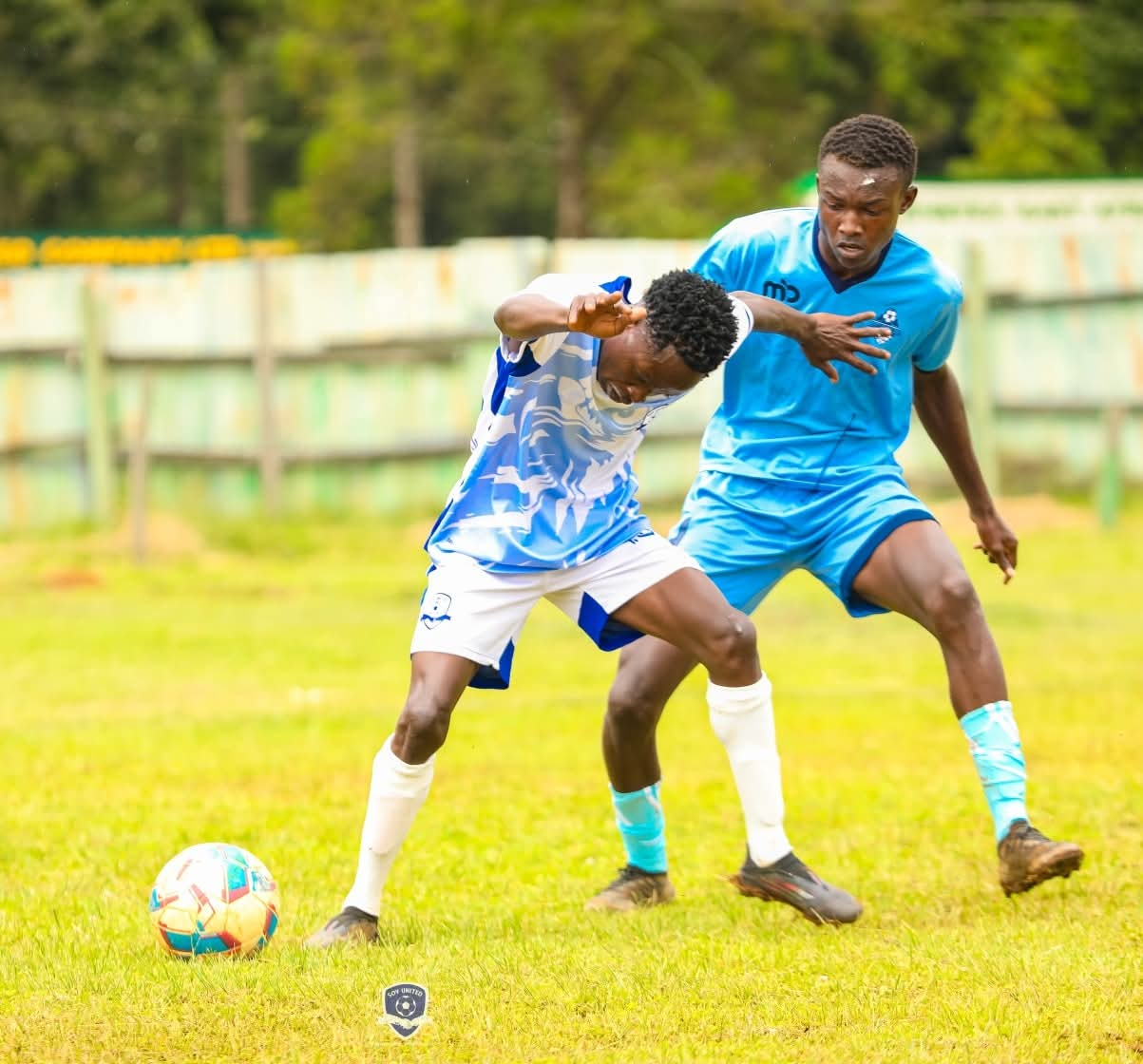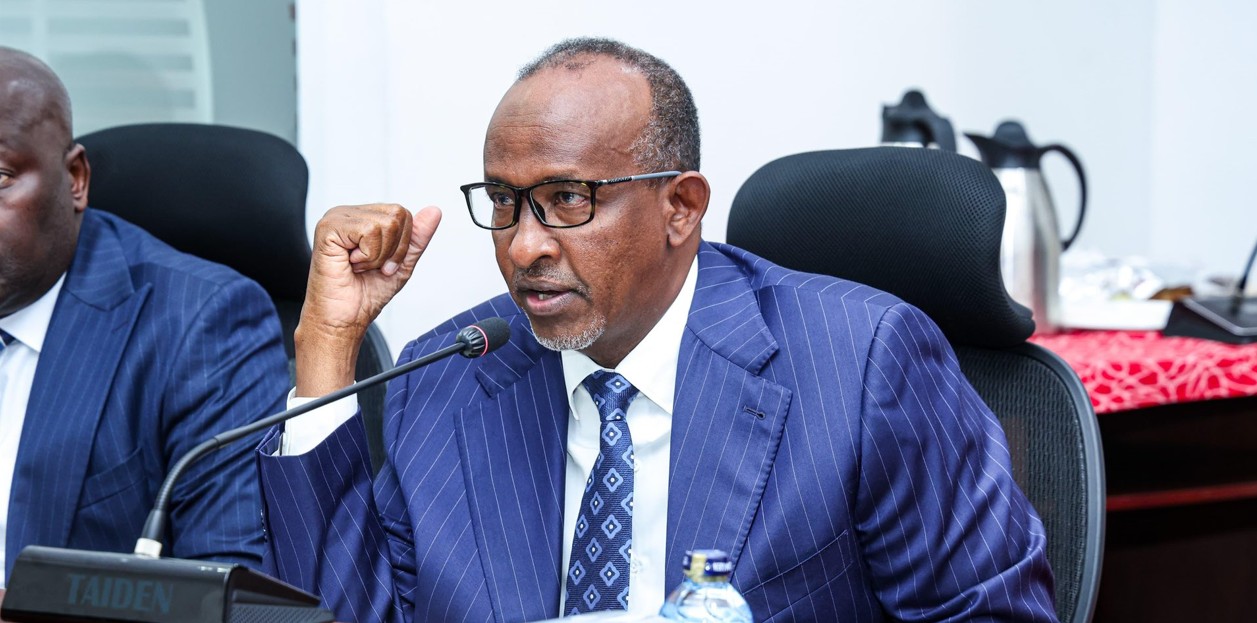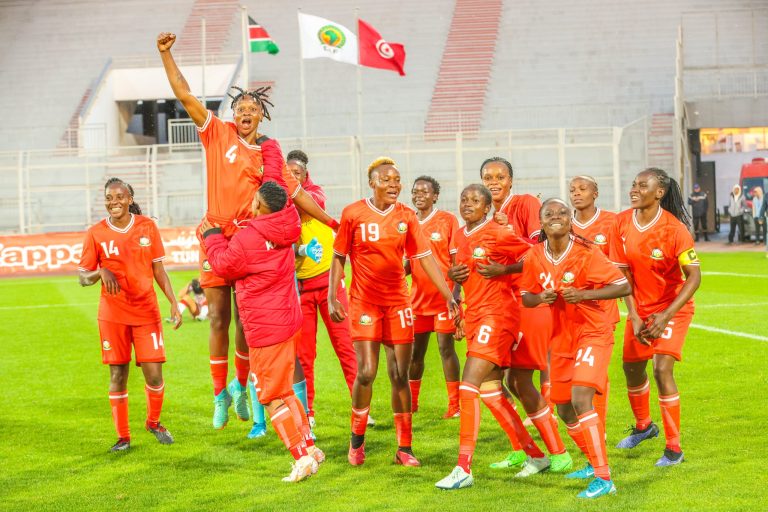Rwandan scientists harness AI to revolutionise cancer diagnoses, antenatal care
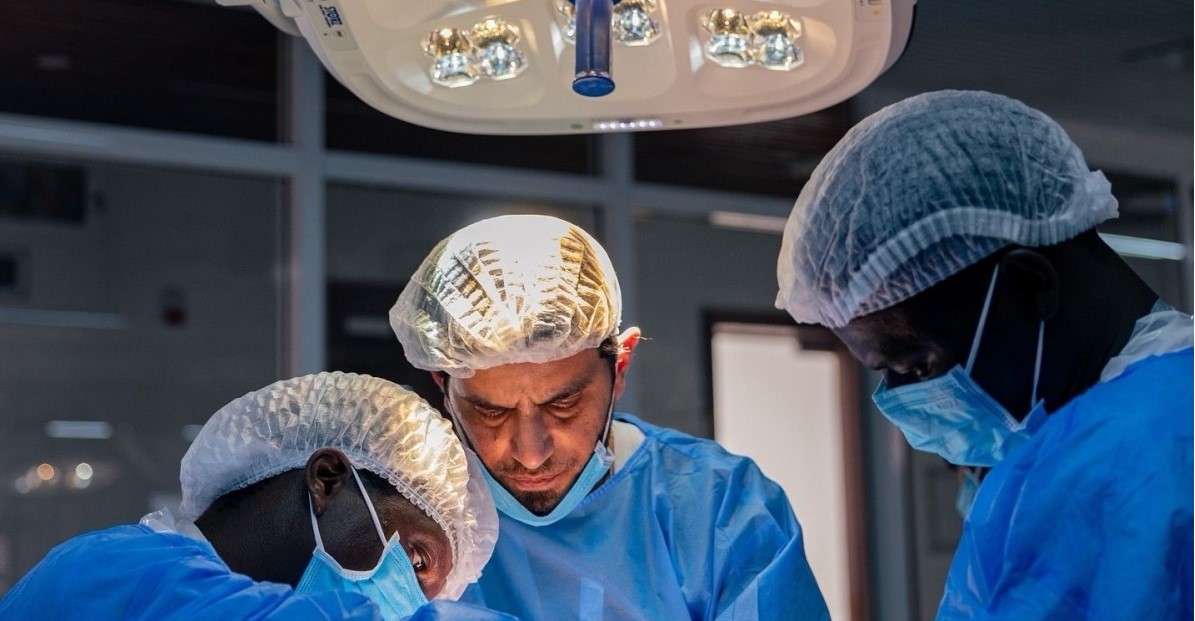
Launched in October 2023 as an extension of IRCAD France, IRCAD Africa focuses on training, research, and development in minimally invasive surgery.
Rwandan scientists are collaborating with their French counterparts at IRCAD Africa to explore how artificial intelligence (AI) can transform cancer diagnosis and prenatal care. This pioneering research, carried out in Kigali as part of the Disrumpere Project, emphasises the potential of AI to democratise access to critical medical services.
Launched in October 2023 as an extension of IRCAD France, IRCAD Africa focuses on training, research, and development in minimally invasive surgery.
More To Read
- Amazon to cut 14,000 corporate jobs amid AI investment
- African languages for AI: The project that’s gathering a huge new dataset
- Government to use new AI system in placement of Grade 9 students to senior schools
- Kenya records 842 million cyber threats as AI-powered attacks escalate
- Child malnutrition in Kenya: AI model can forecast rates six months before they become critical
- Universities can turn AI from threat to opportunity by teaching critical thinking
The Disrumpere initiative — short for Democratisation of automatic diagnosis, screening, biometrics, and augmented percutaneous surgery assisted by artificial intelligence — involves a team of 20 to 30 experts from both Rwanda and France.
"Our aim is to address the scarcity of medical professionals, especially in underserved regions of Africa and beyond. AI allows us to harness cost-effective equipment and reduce dependency on highly skilled operators,” Dr Alexandre Hostettler, Head of Surgical Data Science at IRCAD France and IRCAD Africa, told The New Times of Rwanda.
One key component of the project focuses on using AI to measure unborn babies’ biometrics, such as weight and gestational age, through advanced ultrasound imaging.
“Our algorithms analyse ultrasound images to evaluate key measurements like femur length, brain circumference, and abdominal circumference. We've trained them on extensive datasets from premium imagers across multiple countries," Hostetler explained.
Currently under trial, the system aims to make these evaluations accessible to non-experts.
Hostettler said that starting next year, optimised algorithms could enable individuals with just two hours of training to perform these measurements in less than two minutes.
Treat small cancerous tumours
Another innovative application involves leveraging ultrasound technology to detect and treat small cancerous tumours. The AI-powered system aids in biopsies and tumour treatment, potentially enabling life-saving procedures in resource-constrained settings.
“Through real-time detection, we can identify early-stage tumours and position a needle for biopsy or destroy them using radiofrequency ablation,” noted Hostettler.
Such advancements are crucial in addressing a critical healthcare disparity. According to Prof Jacques Marescaux, founder and chairman of IRCAD France, a 2021 World Health Organisation report revealed that five billion people lack access to medical imaging and two billion lack access to essential surgical procedures.
“This underscores the urgent need for innovative, scalable medical solutions like minimally invasive surgery and AI-assisted diagnostics,” Marescaux said.
IRCAD Africa has the potential to significantly impact healthcare by integrating cutting-edge AI with portable, cost-effective medical imaging. The project’s ultimate goal is to bring these technologies to underserved areas, empowering healthcare workers and improving outcomes for millions.
“Rwanda is playing a vital role in advancing global healthcare innovation. This collaboration shows what’s possible when expertise and technology converge for the greater good,” Hostettler remarked.
Top Stories Today


